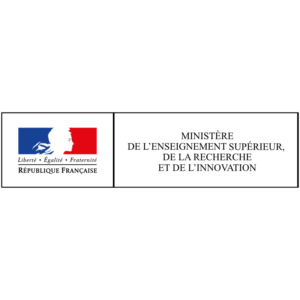What is your overview since the launch of IMREDD in 2015?
All the actions have enabled the Nice metropolis, together with the university, to establish itself in the panorama of smart cities and innovative cities. International delegations are regularly invited to visit the Smart City Innovation Center (SCIC), which showcases the know-how developed by local players. On the platform that showcases all the data mobilised within the Metropolitan Data Centre, the SCIC enables the development of applications and service prototypes and supports the exploration of ideas for companies wishing to set up in the area. This Institute represents, in a way, the “prototype” of the larger and more global system that should be set up on the scale of the Côte d’Azur in the years to come.
What is IMREDD’s ambition for the next ten years?
All the partnerships and experiments, with their successes and failures, have enabled the university, and more generally the Côte d’Azur region, to build up unique skills, practices and collaborative networks. We must now open this decade by imagining a broadening of our approach in order to take a new step in our territorial transformation process. Our ambition is to transform the Smart City into a “smart” and “friendly” territory using digital technology and innovation.
What do you mean by “friendly” territory?
Aimable is an adjective that embodies the notion of “symmetry of attention” and underlines the importance of the relationship between citizens and the territory they live in. Aimable is thus the symbol of our vision of the city and of a territory made up of dynamic and pleasant places, centred on the citizen, where it is good to live. The transformation project must aim to make the territory attractive and capable of retaining its talents. To achieve this, we must continue to broaden the range of
issues dealt with by the Smart City, based on the economic optimisation of networks, to develop an approach that mobilises technological resources for the benefit of the well-being of individuals and greater territorial equity. For these reasons, it is necessary to place ethical and philosophical reflection more at the heart of the transformation project.
How can digital technology help to achieve this ambition?
Data is the essence of our transformation engine. The acculturation of citizens to data is therefore imperative to enable a digital transition that includes and not excludes. This transition proceeds in the same way as in other sectors: it is based on usage. From a technocentric vision of the city, which has hitherto confined the citizen to a “passive” role that requires assistance in behaving as a good user, or even surveillance or punishment, it is time to include the citizen in a dynamic and participatory role. The digital territory requires the development of trust frameworks, of which the RGPD is an example, through which the stakeholders of a territory, public actors, private actors and citizens, will be able to circulate data and create social and territorial value in the service of the general interest, for example in areas such as air quality, health or mobility. Promoting the sharing and reuse of data, by bringing together public and private data within “territorial data platforms” is at the heart of the ambition. It is through the cross-referencing of data from different sources and the use of massive data analysis and artificial intelligence techniques that new value can be created. Tomorrow’s dynamic territories will be those that have succeeded in building a partnership-based governance of local data and that, by accessing a maximum amount of data, will be able to better control their territorial development strategy and create value that will benefit all their citizens.






